BT Smart Hub
The BT Home Hub in its various forms can be found in millions of houses across the UK, so we thought we should include the latest iteration in our testing as a reference. The most recent version, which is the sixth incarnation, is considered so special by BT that it has changed its name to Smart Hub.
It doesn't use mesh networking, like the other contenders in this review, so isn't quite a direct comparison. But BT claims it can cover an entire house like none of its competitors, so we really had to put that to the test.
The BT Smart Hub's box is decidely skinny, because so is the router inside. In fact, it's designed to fit through a letter box so you don't have to be in when it's delivered in the mail. Apart from the device itself and its external power supply, plus some documentation, there's nothing else included. So you will need to add your own Ethernet cable to hook up any wired LAN devices.
The router is designed to sit upright, and two feet pop out on springs as soon as you take it out of the box. But this is still a relatively unobtrusive router.
Since the BT Smart Hub is meant to work with BT Broadband only, it has an ADSL modem built in, which means it connects directly to your phone line via RJ-11 rather than having any kind of modem in between. It therefore won't work with cable broadband. Otherwise, it has four Gigabit Ethernet ports and a USB 3.0 connection.
This is a dual-band router, so it offers 5GHz and 2.4GHz radios. BT doesn't state the throughput rating, but you get 3×3 antennas for 2.4GHz signals and 4×4 antennas for 5GHz, so BT quotes the Smart Hub as having seven antennas in total. It was initially released at just £50 for existing customers, which was potentially a bit of a bargain, and even at more recent higher prices it has good value credentials. But the question is how it can compare with the mesh networking products on test here.
Price: £129.99 from BT (but much cheaper elsewhere)
Specification:
Wireless protocols: MU-MIMO with 802.11b/g/n 2.4GHz and 802.11a/n/ac 5GHz
Performance: Not stated
Antenna Configuration: 4×4 plus 3×3 Internal Antennas
Ports: 4 x Gigabit Ethernet, USB 3.0, RJ-11
Modem Support: VDSL/ADSL 2+ built in
 KitGuru KitGuru.net – Tech News | Hardware News | Hardware Reviews | IOS | Mobile | Gaming | Graphics Cards
KitGuru KitGuru.net – Tech News | Hardware News | Hardware Reviews | IOS | Mobile | Gaming | Graphics Cards


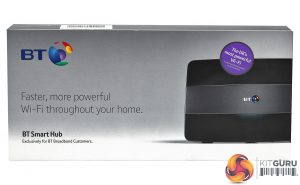
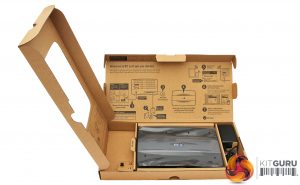
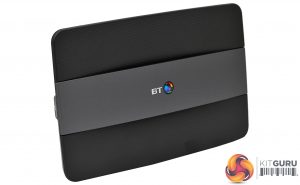
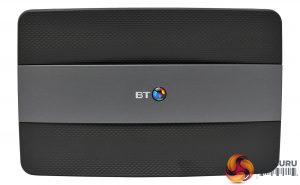
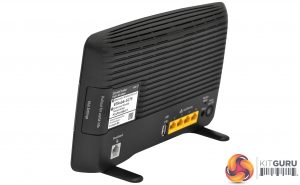
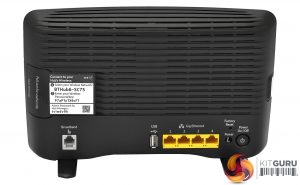
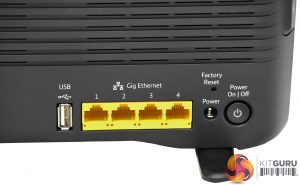

There are also the Ubiquit AmpliFi HD, eero (1st and 2nd generations), Amped ALLY, tp-link Deco M5, Asus Lyra, EnGenius EnMesh,… – we tested them all!
I have a netgear extender its the wkrst piece of carbage Netgear is one piece of junk and overpriced!
Would NOT touch the Orbi. Wired backhaul is NOT supported which is ridiculous. We purchased the Google WiFi 3 pack and love them. The app is slick and by far the best. You get wired backhaul.
No wonder Google WiFi is not only most popular mesh on Amazon but it’s actually most popular router of any type of router and well deserved.
No Eero?
Up195s
I guess I’m spoiled by City-Wide WiFi, buy Cable Internet and for 50+ miles (that’s as far as I’ve been, no reason it doesn’t work much further) you get walk-around WiFi where you’re always connected (unless you’re in between buildings, or in the countryside farmlands).
This seems expensive and designed for houses a tiny bit bigger than most large homes, and no advantage over 5 Gbps AC Networks.
For many km range, like video conferencing to the back 40, there’s Ubiquiti Networks airMax which goes as big as medium sized cities.
I can get 100′ off my old D-Link, much further away and I’m bumping into city-wide.
So much cheaper to put a high quality Router in the attic, and with 3-Band you can even get 7 Gbps (out, it’s not like your Phone or Laptop is likely to input at that speed).
I guess free WiFi has spoiled me and I’ve not studied this enough. Why is this better than cheaper AC Repeaters or an ‘octopus antenna’ Router – all the satellites add up to several hundred for a large separated family?